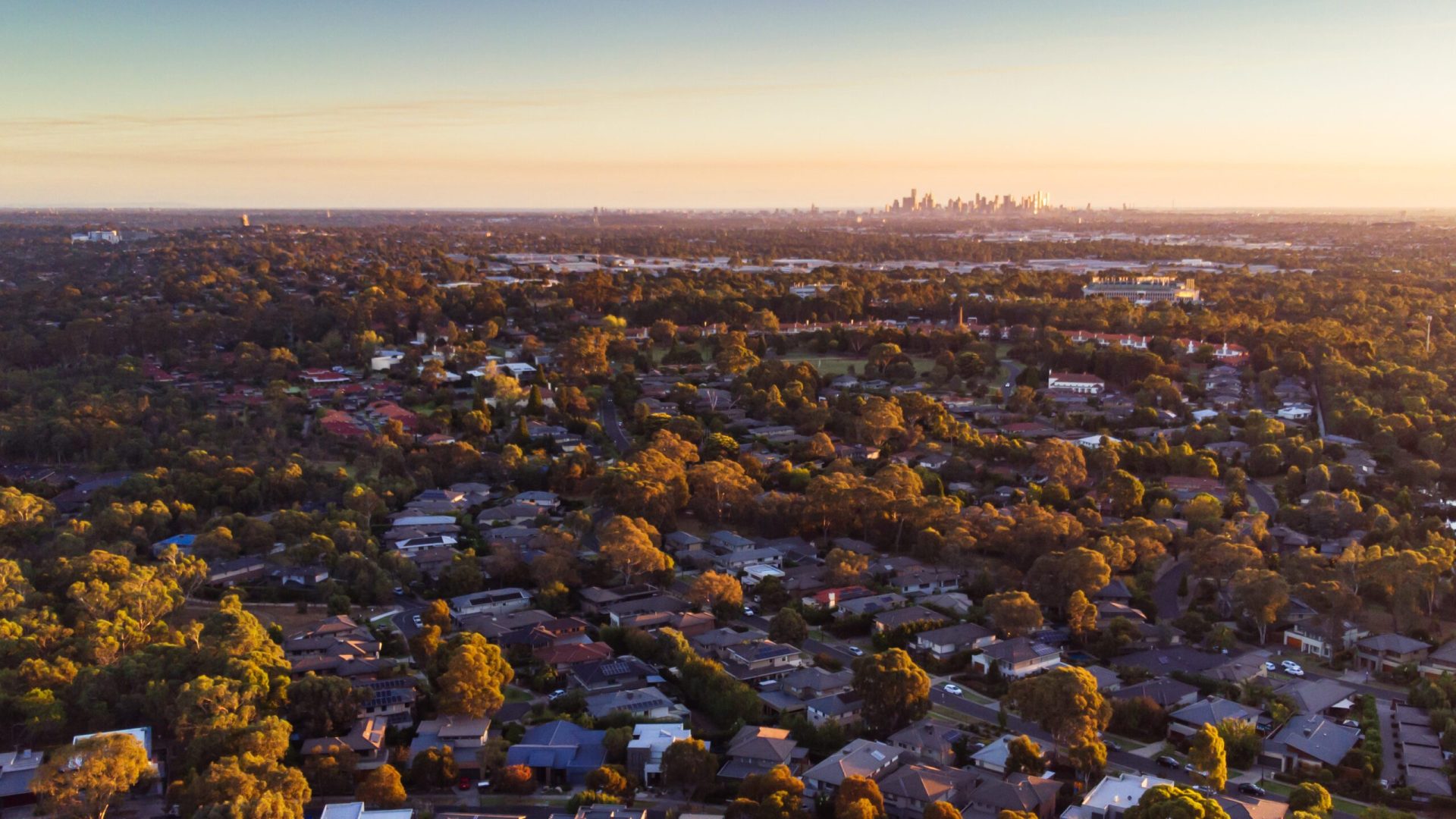Jennifer Duke has now moved down to Melbourne to join Property Observer as the new Editor.
Here’s an article from Todd Hunter who shares his thought on NRAS property. Good to see someone who doesn’t mind sinking the boots in when needed.
By Todd Hunter
Thursday, 05 September 2013
I am often asked if I would buy an NRAS property. I can honestly say, I would rather stick a fork in my eye than buy an NRAS property.
As a professional investor I would never consider a property simply because you receive some extra tax benefits.
For those of you saying “what is an NRAS property?” let me quickly explain. It’s the National Rental Affordability Scheme. If the name alone doesn’t make you run, then the word “scheme” surely should.
Let me go into “the scheme” a little further. You, the investor, buy a house and land package that has been NRAS approved.
Mistake number one: you have possibly just been ripped off on price by your “adviser” as the developer often pays kickbacks to advisers, mortgage brokers, accountants and property companies for selling these types of houses. They can be as big as $50,000 per house. This kickback falsely increases the median house price of the area as well.
Did you notice there is no negotiation on price?
Mistake number two: the property is let out to people who cannot afford market rent. Essentially you have people on pensions, welfare and/or very low-income earners living in your brand new property. We have tens of thousands of people with good paying jobs, wanting to get ahead in life that cannot afford to buy a new home to live in, yet these properties are let to people who cannot afford the basics in life. I am sure there are some genuinely nice people who need to be supported by our government and I do not have a problem with this, but why are they rewarded with a new house or unit?
Why wouldn’t the government make it more attractive for home buyers and investors to buy new properties, leaving the more established properties for those needing the assistance?
I am 38 years old and my home was originally built in the 50s with the extension built in 1982.
So to make this “scheme” attractive, the government allows you claim more deductions on the property than you could normally. Approximately $10,000 per annum more.
The break up is made up of the following:
- $7,486 tax offset per annum – after spending countless hours on the phone to the ATO it is now unclear whether this is a gross or a net number, either way, it doesn’t change my mind on NRAS.
- $2,495 cash rebate per annum.
The property must be approved to be an NRAS property and let out to a government-approved tenant for a 10 year period. The rent charged is calculated at 20% below market rent and adjusted with CPI.
Some thoughts come flying into my mind straight away:
- Rents in Australia have generally increased a lot faster than CPI of 3%, the rents on my own properties are currently increasing between 6% to 12% per annum.
- What happens if they don’t pay the rent? How do you get them out? Tenancy laws are tough enough to get bad tenants out let alone government-backed tenants. I’m sure the tenancy tribunal would favour the landlord here over making a low-income earner homeless. Not.
- What are the capital gains prospects of an area drowned in NRAS properties? Potential buyers would run for the hills rather than live in this area. Have you heard of anyone ever selling an NRAS property for a profit? I’m in the game and I haven’t.
- If you decide to sell before the 10 years is up, then you are limited to selling to investors only, limiting your potential buyers to about 30% of the market.
- Of all the NRAS advisers I have spoken to, the majority of them own one NRAS property. If they are such a good investment, then why don’t they own 10 plus each?
Now if that doesn’t make you change your mind, how about this good news story.
In a medium density development in Sydney where almost 60% (around 40 units) of the development was sold to owner occupiers and investors for a pretty penny, the developer then became cash strapped and had to sell fast so a property company came in and struck a deal with the developer. The remainder of the units were approved for NRAS and sold 20% cheaper than the earlier sales and investors snapped them up with NRAS approved tenants moving in.
As a consequence, the sales price of those units are now down another 25% in value. Great deal? I think not.
Nice to know the so called “property company” who recommended these units as an investment were looking after their clients best interests.
Now before you jump down my throat, I have also heard of the programs that allow police officers and other government workers to live in their properties but honestly, what police officer would want to live in these neighbourhoods?
Now don’t let me deter you from exploring this as an option, I just like to make sure that as investors, you have my honest opinion.








